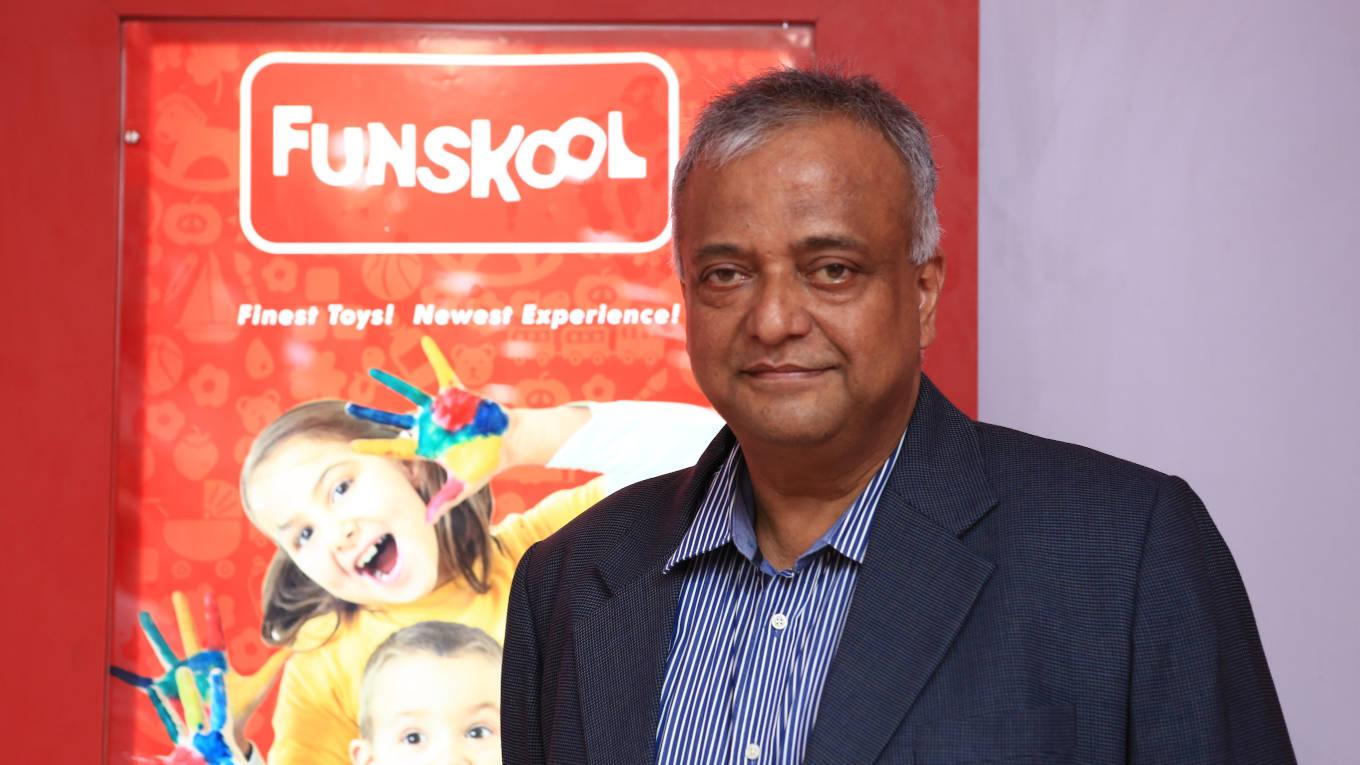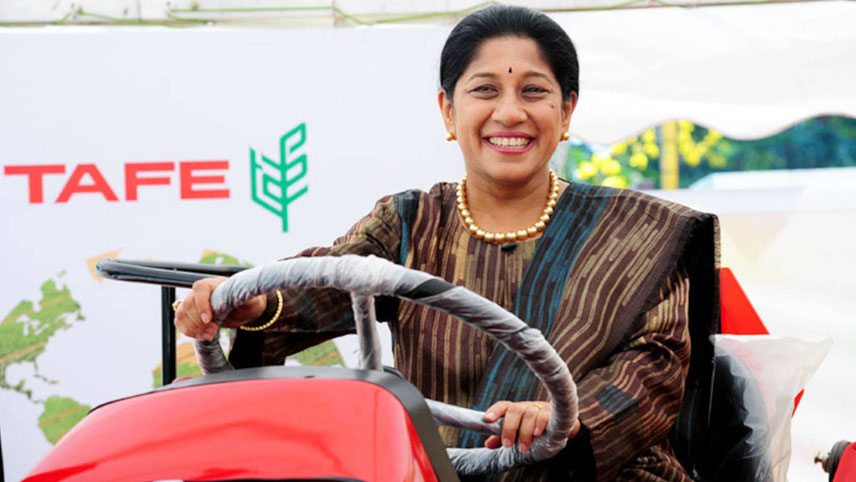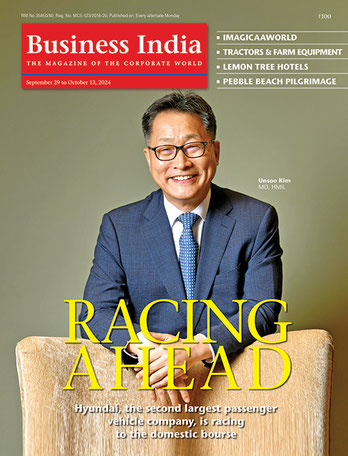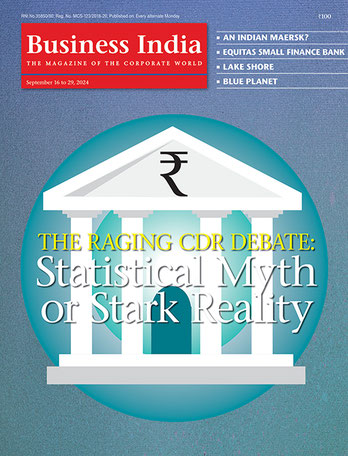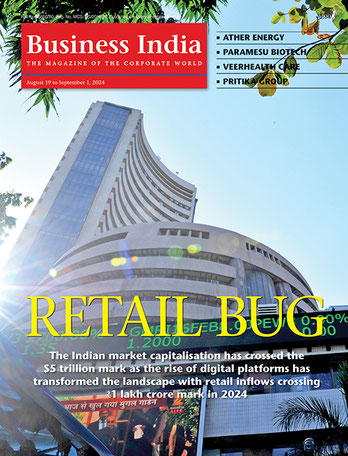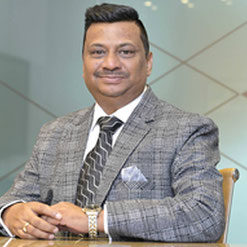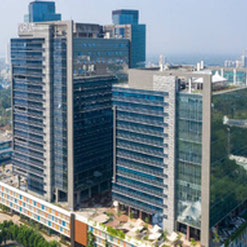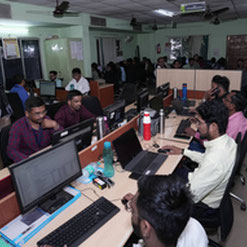-
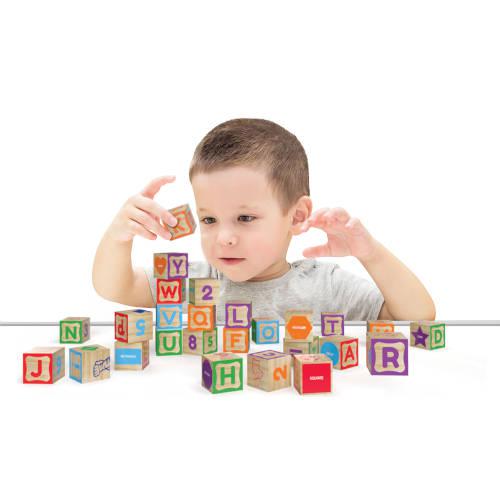
Toys, toys toys: Funskool keeps churning out new products
Funskool, Jeswant points out, has been focussing on developing its own brands over the last few years and has had considerable success in the Indian market with its Giggles for infants and pre-school children, Fundough dough, Handycrafts arts and crafts, Play’N’Learn educational puzzles and several board games developed in-house or being made under licence arrangements. “We intend to widen our domestic offerings and will target to introduce well over 100 new products over the next one year,” he explains.
Funskool (India) Ltd, established in 1987 as a joint venture by the Chennai-headquartered tyre major MRF Ltd and American toy manufacturer Hasbro, Inc, is a Rs200-crore company as of 31 March 2020. This was a drop of nearly 11 per cent from the Rs221.8 crore it had chalked up the previous year, because it discontinued the Hasbro business during the second half of 2019-20. The effect of Covid-19 and its aftermath are yet to be brought into the books of the parent company, which does not divulge Funskool’s detailed financial separately.
Its retailers, however, are recovering from the effects. Says Faisal Khatri, who owns Souvenirs Toy Store in south Mumbai: “We are a premium toy retailer since 1960 and have been selling Funskool toys since their inception.” Describing his relationship with the company as ‘symbiotic and good’, he says he prides himself in selling Funskool products as they are of a high quality, safe for children and educational – especially its board games. “The company is also ethical,” Khatri adds.
India is also fast emerging as a major sourcing destination for international toy majors, Jeswant points out. Several vendors have begun setting up shop to cater to sourcing requirements. This, according to him, is the start of the evolution of India as a major hub for manufacturing of toys – “clear proof that we have the capability to manufacture toys which satisfy all requirements of world markets”. Says Subhash Jangam, proprietor of S.P. Enterprises at Mumbai suburb Vasai: “I supply printed boxes and packaging materials, as well as instruction leaflets to Funskool.” Jangam, who owns an offset printing press, also does other work, mainly for pharmaceutical companies. “But I pick and choose among them because Funskool’s volumes are so high: more than 100,000 boxes a month,” he adds.
With at least seven in every 10 toys sold in India till recently having been imported, the new regulations will help more domestic companies to scale up and build their own brands. There is a $450-million market for toys in India - but this, as Jeswant points out, is a meagre 0.5 per cent of the world market $90 billion.
-
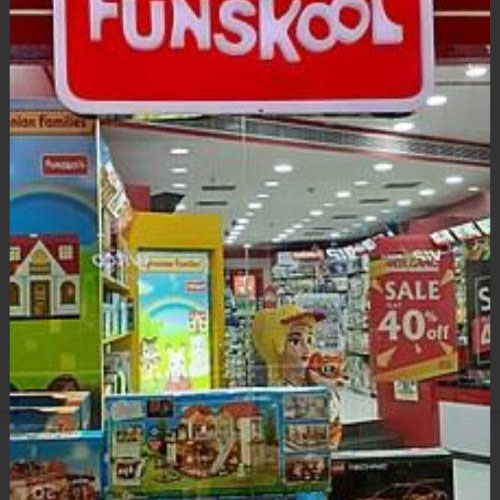
Funskool products are of a high quality, safe for children and educational
Exports push
The next stage will be for Indian brands to make a global presence. The industry being driven by novelty, the launch of new and globally-acceptable products is a must. However, the high tooling costs - and amortising them over the small volumes sold in India – have been the biggest challenge so far in developing new products. This, Jeswant feels, could change as exports push manufacturing activity. “We can expect to see a lot of innovation in design and development of toys emerging out of India. The challenge is clearly to be a globally relevant player while providing the inputs to grow the fledgling domestic industry,” he says. “We have full-fledged product development teams at our head office in Chennai and at our Goa factory, who are working continuously on churning out new products.”
Funskool’s exports business consists of two streams. The bigger one now is of several toy majors of the world sourcing products from it, while exports of its own brands to overseas markets are also growing significantly. “Currently, we export our own brands to the Middle East, Africa, and several Asian countries. We have been able to make inroads into the more developed markets as well and we have distributors operational in countries like the US and the UK.”
Another feather in Funskool’s cap is the Platinum Award it was awarded by the Sports Goods Export Promotion Council (SGEPC) for outstanding performance in export of sports goods and toys, exporting the largest from India in 2019-20. “Our own brands have made an impact in several overseas markets and we have emerged as a reliable manufacturing partner for several international toy companies,” says Jeswant. Adds Shabir, general manager - international division at Funskool India: “We share our prime minister’s vision of making India a hub for manufacturing high-quality toys. Funskool shall lead the way in getting toys designed and made in India exported to every major country in the world.”
SGEPC executive director Tarun Dewan points out that the company has consistently achieved the highest export of toys for the last three years. “Funskool has also registered an exponential growth in export in last few years, thus contributing to the PM’s Team up for Toys mission,” he says, adding: “Its quality products have replaced many imported toys in the Indian market.” Funskool had also received the Gold Award in 2018-19 and 2017-18 in the same category of the awards, which are sponsored by the commerce and industry ministry.
SGEPC is an apex industry forum and a common platform for companies from all over the country, with common interests, to meet and exchange views, decide on common strategies for promotion and interact regarding where they can voice their concerns at both national and international levels. It acts as a direct link between the industry and the Indian government, providing the latter with feedback on the industry’s requirements and conveying its directives to the industry. It also collects export data from its members, maintains a statistical record of exports of sports goods and toys and evaluates its performance on an annual basis.
-
We have full-fledged product development teams at our head office in Chennai and at our Goa factory, who are working continuously on churning out new products
Jeswant is also one of the key speakers on an international list of names for ‘The India Toy Fair 2021’ being organised virtually from 27 February to 2 March to highlight the toy and games industry’s ‘crucial’ role in realising the aspirations of building a new Atmanirbhar Bharat by 2022 to mark the 75th anniversary of Independence. The fair, with the theme ‘Indian Toys, Global Playground’, will allow participants to exhibit their toys for buyers to browse and buy, as well as participate in events and activities and network with other stakeholders of the industry.
So is Dr Aravind Melligeri, the US-based chairman and CEO of aerospace machining major Aequs which has plants in Houston, Bengaluru and Belgaum. “Aequs is one of India’s largest contract manufacturer of toys focused on exports,” Melligeri says, pointing out that the precision machining required for children’s playthings makes a natural synergy between the two lines of business. With a Who’s Who of the world’s toy manufacturers on his client list, he however pleads confidentiality contracts that prevent him from naming them.
The government has also launched ‘Toycathon’, an online toy hackathon for innovative concepts on toys and games. Toycathon-2021 is aimed at challenging India’s innovative minds to conceptualise novel toys and games based on India’s civilisation, history, culture, mythology and ethos.
The long-term potential of the Indian toy industry continues to be ‘quite positive’, especially as it is so labour-intensive and labour is abundantly available at costs lower than those of China. “This should result in more global toy companies moving sourcing from China to India, which augurs well for our exports business. The domestic demand will also be more stable with clear signs of the pandemic coming under some control as we build and nurture our own brands in the Indian market,” Jeswant predicts, adding: “For Funskool, we are well equipped to scale up manufacturing with our three large manufacturing facilities. We are also seriously considering a fourth manufacturing facility.” Play on!
